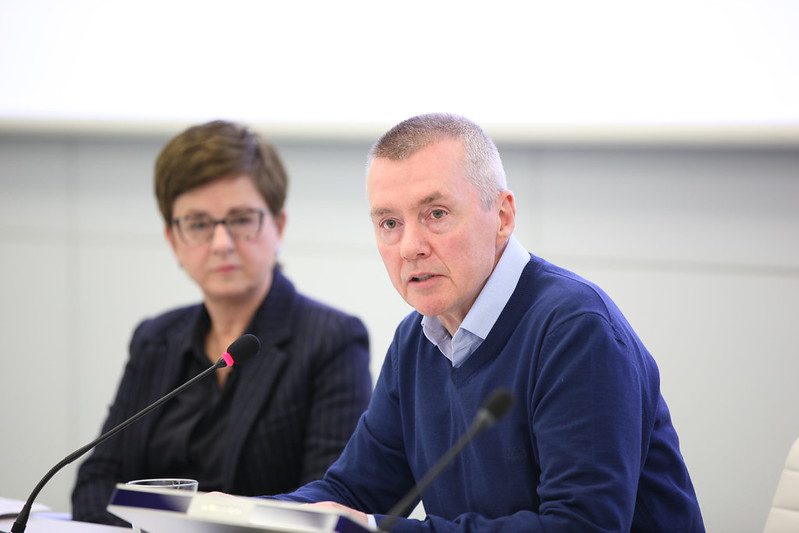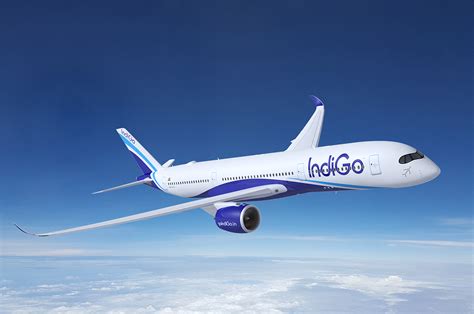
52546295491 4e6f1985f3 c
Blocked airline funds have surged 25 percent ($394 million) to $2 billion in the past six months, adding to the operational headache for carriers in 27 markets. The numbers, released today on the sidelines of the International Air Transport Association’s (IATA) Global Media Days in Geneva, exclude the $3.8 billion trapped in Venezuela. IATA calls on governments to return blocked funds to airlines.
IATA Director General Willie Walsh repeated his warning that continued blockage of airline revenues would have economic penalties for the guilty countries.
“Preventing airlines from repatriating funds may appear to be an easy way to shore up depleted treasuries, but ultimately the local economy will pay a high price. No business can sustain providing service if they cannot get paid and this is no different for airlines. Air links are a vital economic catalyst. Enabling the efficient repatriation of revenues is critical for any economy to remain globally connected to markets and supply chains,” Walsh said. He called on governments to remove all barriers to airlines repatriating their revenues from ticket sales and other activities, in line with international agreements and treaty obligations.
IATA also renewed its calls on Venezuela to settle its bill of $3.8 billion in blocked airline funds that has accumulated since 2016 when the last authorization for limited repatriation of funds was allowed by the Venezuelan government. Five countries – Nigeria ($551 million) Pakistan ($225 million), Bangladesh ($208 million), Lebanon ($144 million), and Algeria ($140 million) account for nearly sixty-five percent of the money held by 27 countries.
IATA’s Vice President for Africa and the Middle East, Kamil Al Awadhi, was, however, all praise for Nigeria which he cited as an example “of how government-industry engagement can resolve blocked funds issues.” “Working with the Nigerian House of Representatives, Central Bank, and the Minister of Aviation resulted in the release of $120 million for repatriation with the promise of a further release at the end of 2022. This encouraging progress demonstrates that, even in difficult circumstances, solutions can be found to clear blocked funds and ensure vital connectivity,” he added.
Al Awadhi explained that Nigeria fell into default starting in March 2020 when demand for foreign currency in the country outpaced supply and the country’s banks were not able to service currency repatriations. “Despite these challenges, Nigerian authorities have been engaged with the airlines and are, together with the industry, working to find measures to release the funds available,” Al Awadhi said.
But Venezuela remains a dark horse. Although airlines have restarted efforts to recover the $3.8 billion trapped there, there have been no approvals of repatriation since early 2016. Consequently, connectivity to Venezuela has been reduced to a handful of airlines selling tickets primarily outside the country. IATA says connectivity to and from Venezuela plummeted by 62 percent between 2016 and 2019.
“Venezuela is now looking to bolster tourism as part of its COVID-19 economic recovery plan and is seeking airlines to restart or expand air services to/from Venezuela. Success will be much more likely if Venezuela is able to instill confidence in the market by expeditiously settling past debts and providing concrete assurances that airlines will not face any blockages to future repatriation of funds,” IATA says.
Views: 2



